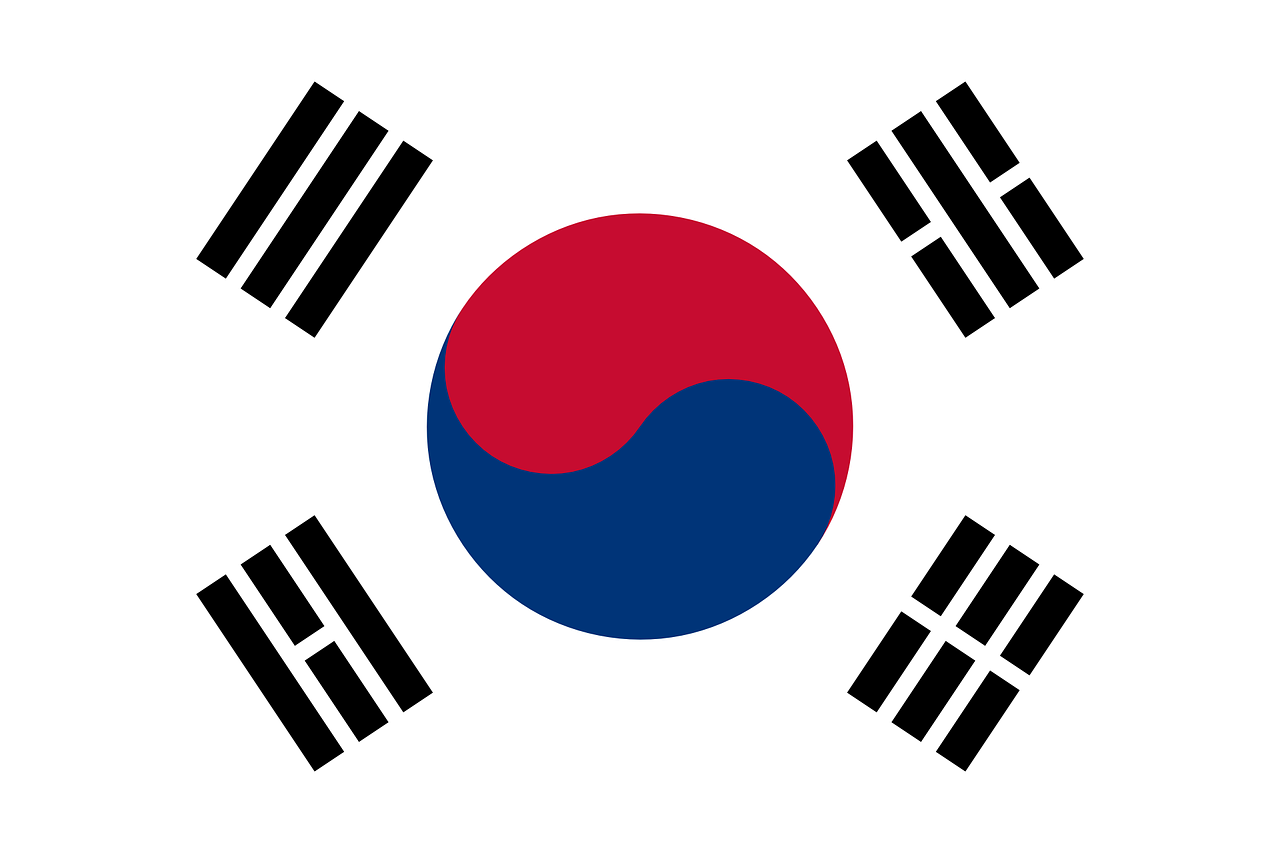Residing and studying in South Korea offers students an opportunity to explore a vibrant and beautiful country. Whether immersing themselves in the bustling city, Seoul, or discovering the rich coastal landscapes and countryside, students are likely to appreciate the dynamic culture has to offer. Officially known as the Republic of Korea, South Korea is situated in East Asia on the Southern part of the Korean Peninsula. It shares land borders with North Korea and maritime boundaries with Japan and China.
The country’s terrain is predominantly mountainous, complemented by coastal plains, rolling hills, river basins, and valleys. South Korea experiences a humid continental and subtropical climate, featuring distinct seasons. Korean serves s the official language in South Korea, with its homogeneous ethnic makeup contributing to widespread linguistic homogeneity.
Despite various in dialects, most Koreans can comprehend the language. In term of the cost of living, South Korea uses the currency “won,” with exchange rates fluctuating. Renting apartments and participating in sports and leisure activities can be comparable in cost to many parts of the United States. However, groceries, clothing, private transportation, and property purchase costs are typically higher in South Korea.
On the other hand, public transportation, utilities, and dining out are often more affordable. Overall, the cost of living in South Korea is somewhat higher than in the United States, though salaries tend t be slightly lower. South Korea boasts a technologically advanced transportation system, encompassing highways, bus routes, ship, and high-speed railways. Air travel is also a popular mode of transportation. Public transportation is generally more cost-effective than in the U.S., while private transportation, including vehicle purchase and fuel, tends to be more expensive in South Korea. The culture in South Korea is deeply rooted in Confucianism, emphasizing family and community value within a hierarchical structure. Relationships and social harmony hold significant importance, with an emphasis on maintaining personal and familial “kibun” – a concept encompassing pride, feelings, and mutual respect. South Koreans prioritize the establishment and preservation of harmony, ensuring a sense of peace and comfort in any situation, reflecting their commitment to social, cultural, and personal status.
Study in South Korea




